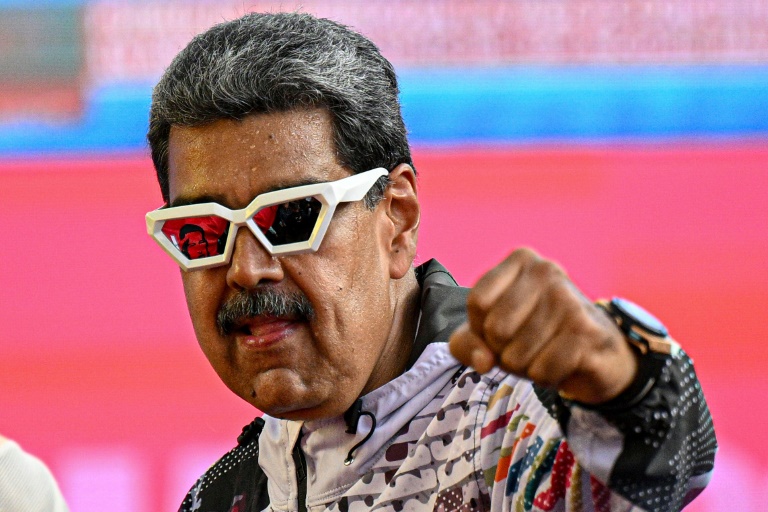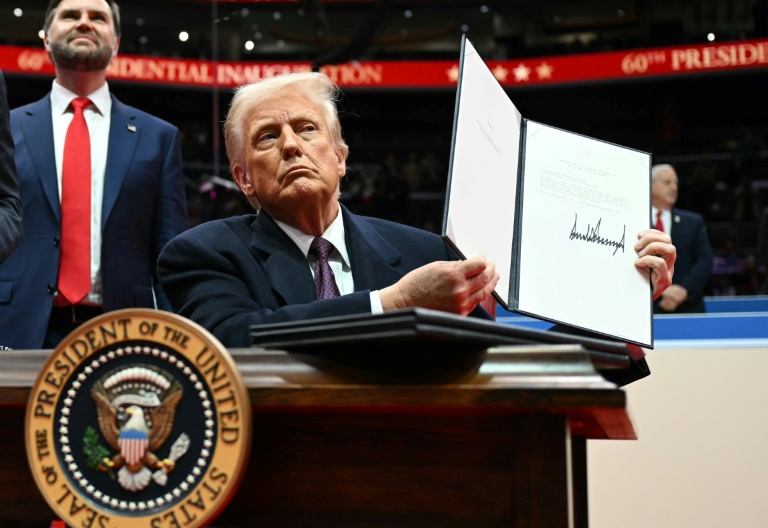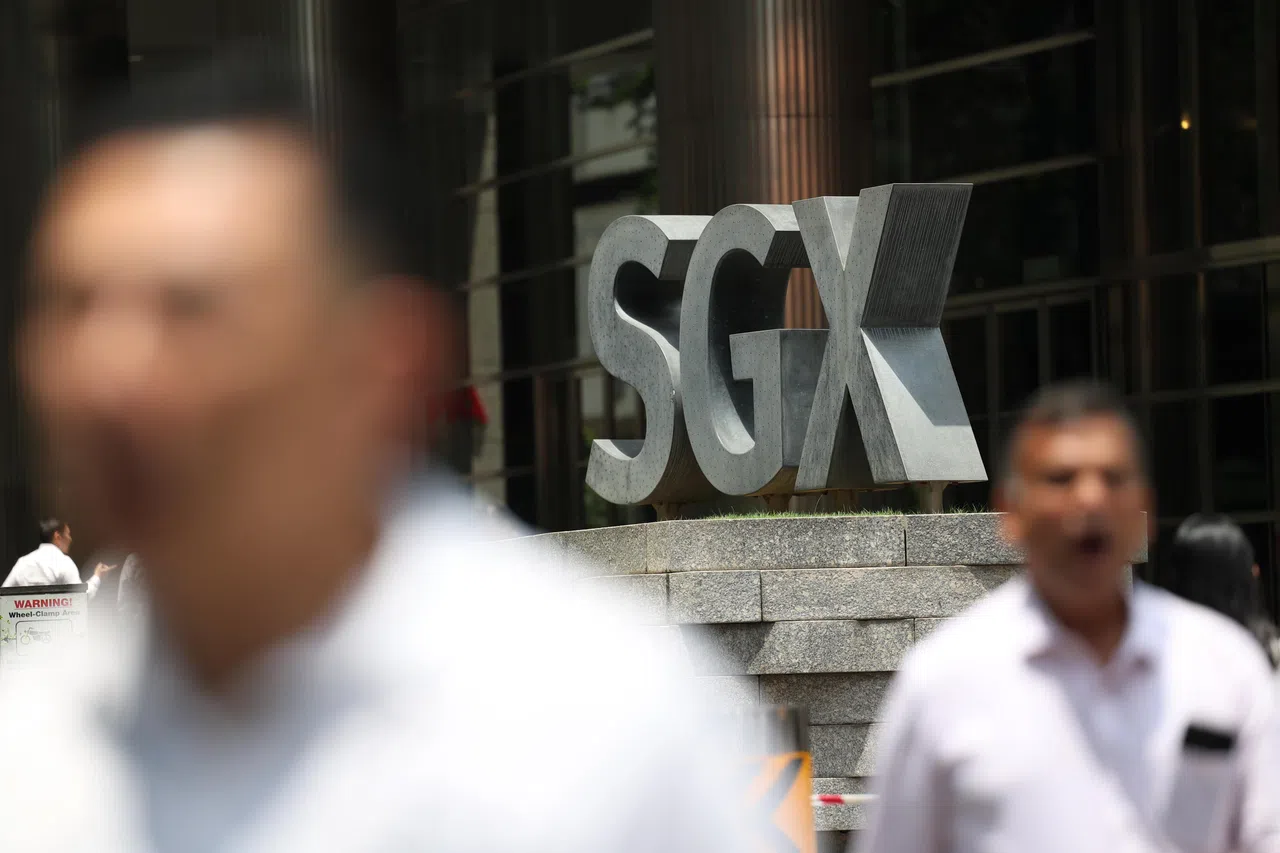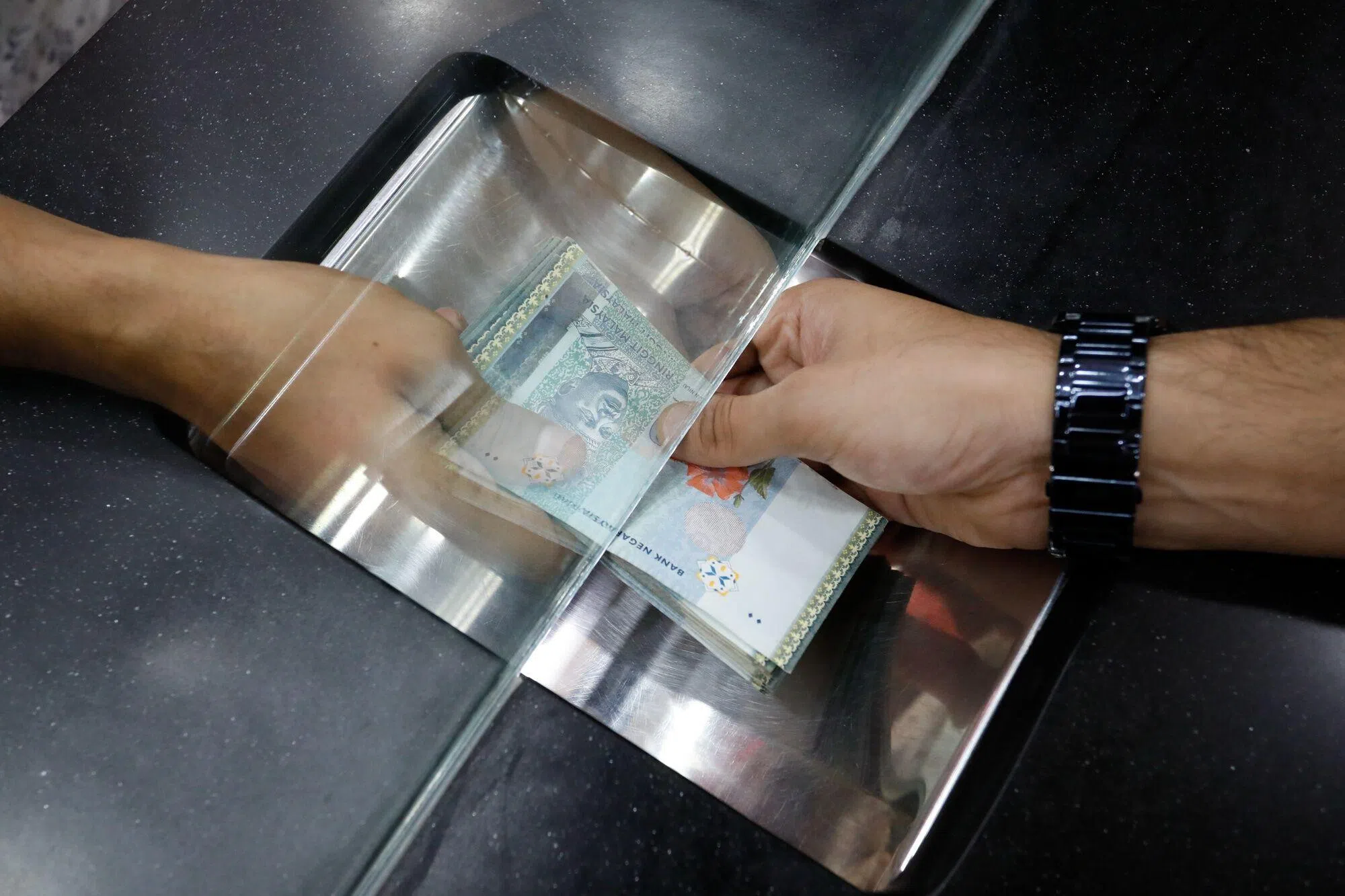“Say no to WhatsApp!” and “Hate on TikTok and Instagram”: Venezuelan President Nicolas Maduro is lashing out at social media despite having been a regular user himself.
What changed? The platforms’ role in spreading footage and information about massive protests against his reelection.
The leftist leader was declared winner of the July 28 election with 52 percent of the vote, ahead of rival Edmundo Gonzalez Urrutia, who claims victory and maintains that he has evidence to prove government fraud.
When the result was announced, protests broke out, leaving at least 24 dead as of Tuesday, according to human rights organizations, and some 2,000 detained, according to Maduro.
Among the most used hashtags on the X network (formerly Twitter) were #fraud and #VenezuelaLibre, as well as #HastaElFinal (“Push to the end”), the mantra of opposition leader Maria Corina Machado, who was not a candidate due to disqualification.
At the other end of the spectrum was #GanoMaduro (MaduroWon).
The demonstrations, many in poorer neighborhoods, were widely covered on social networks, while most traditional media remained silent due to alleged censorship and self-censorship.
Maduro said the social media content amounted to promoting “hate,” “fascism,” “division” and “threats.”
“They used the electoral process (…) to spread hatred on TikTok and Instagram. I remind TikTok and Instagram of their responsibility in spreading hatred to divide Venezuelans,” he said, asking his Security Council for “recommendations” to regulate social media to stop the “criminal cyber-fascist coup d’etat.”
They are “conscious multipliers of hatred and fascism,” said Maduro, who also accuses X owner Elon Musk of orchestrating the “attacks against Venezuela” and being behind a “massive hack” of the National Electoral Council (CNE) system, which has not yet been looked into.
“I’m going to break relations with WhatsApp,” Maduro said at a rally at the presidential palace in Miraflores on Monday.
“WhatsApp is being used to threaten Venezuela and so I’m going to delete my WhatsApp from my phone forever.”
Maduro called for a “voluntary, progressive and radical” withdrawal of the app, owned by the American company Meta along with Facebook and Instagram.
In his program on state television, he uninstalled the application, which is widely used in Venezuela, live on camera.
“It is not completely unreasonable to think that they might try to block access to WhatsApp. Cuba did so in 2021 during massive protests,” David Aragort, a digital security expert at the NGO Redes Ayuda, explained to AFP.
Machado, banned from television and radio stations in the country, communicates exclusively through social media.
“They want to intimidate us so that we don’t communicate, because if we’re isolated we’d be much weaker and that’s not going to happen,” she said in an audio broadcast on social media from hiding.
When protests broke out on July 29, videos of the demonstrations circulated on these platforms, as well as messages against Maduro and in favor of the opposition.
“Users have used this platform as a window to inform themselves and others about what is happening in the country,” said Aragort. “Live broadcasts of things that you won’t find in any traditional national media began to appear.”
It isn’t the president’s first time criticizing social media.
Back in 2022, he called them “campaigns” to “promote division and hatred.”
Nevertheless, in general he has been a great personal user and promoter of social media.
During the reelection campaign he recorded exclusive content for TikTok with his wife Cilia Flores and even his rallies were broadcast live there and on X, Instagram and YouTube. His accounts, so far, remain active.







